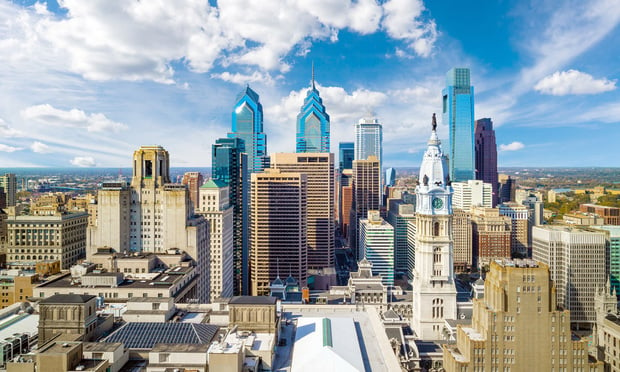The Pennsylvania Supreme Court recently handed down an opinion of great interest to anyone who owns a vacant property or is considering purchasing one that may be characterized as blighted by the city of Philadelphia. On Sept. 13, the court issued Rufo and TR Gertz (owners) v. Board of License and Inspection Review and Philadelphia (No. 22 EAP 2017). The Philadelphia Court of Common Pleas and the Commonwealth Court held that an ordinance referred to by the parties as “the Windows and Doors Ordinance” was an unconstitutional exercise of the city’s police power to combat urban blight. Both courts found that the Ordinance concerned a matter beyond its power—regulating the aesthetic appearance of vacant buildings—as opposed to addressing safety risks posed by blight. Our Supreme Court reversed.
The owners found themselves in a precarious position due to noncompliant windows and doors. After the city cited them for violating the ordinance, they filed an appeal with the Board of License and Inspection (board), alleging the subject ordinance violates their substantive due process rights.The owners claimed the purpose of the ordinance was to compel a property owner to make a property aesthetically pleasing, rather than safe, a purpose that is beyond the valid exercise of a municipality’s police power. The ordinance, in relevant part, requires the owner of any building, deemed a blighting influence, “shall secure all spaces designed as windows with windows that have frames and glazing and all entryways with doors. Sealing such property with boards or masonry or other materials … shall not constitute good repair or being locked fastened or otherwise secured pursuant to this subsection,” Section PM-901.2 (formerly PM-306-2).


 Philadelphia skyline. (Shutterstock.com)
Philadelphia skyline. (Shutterstock.com)




